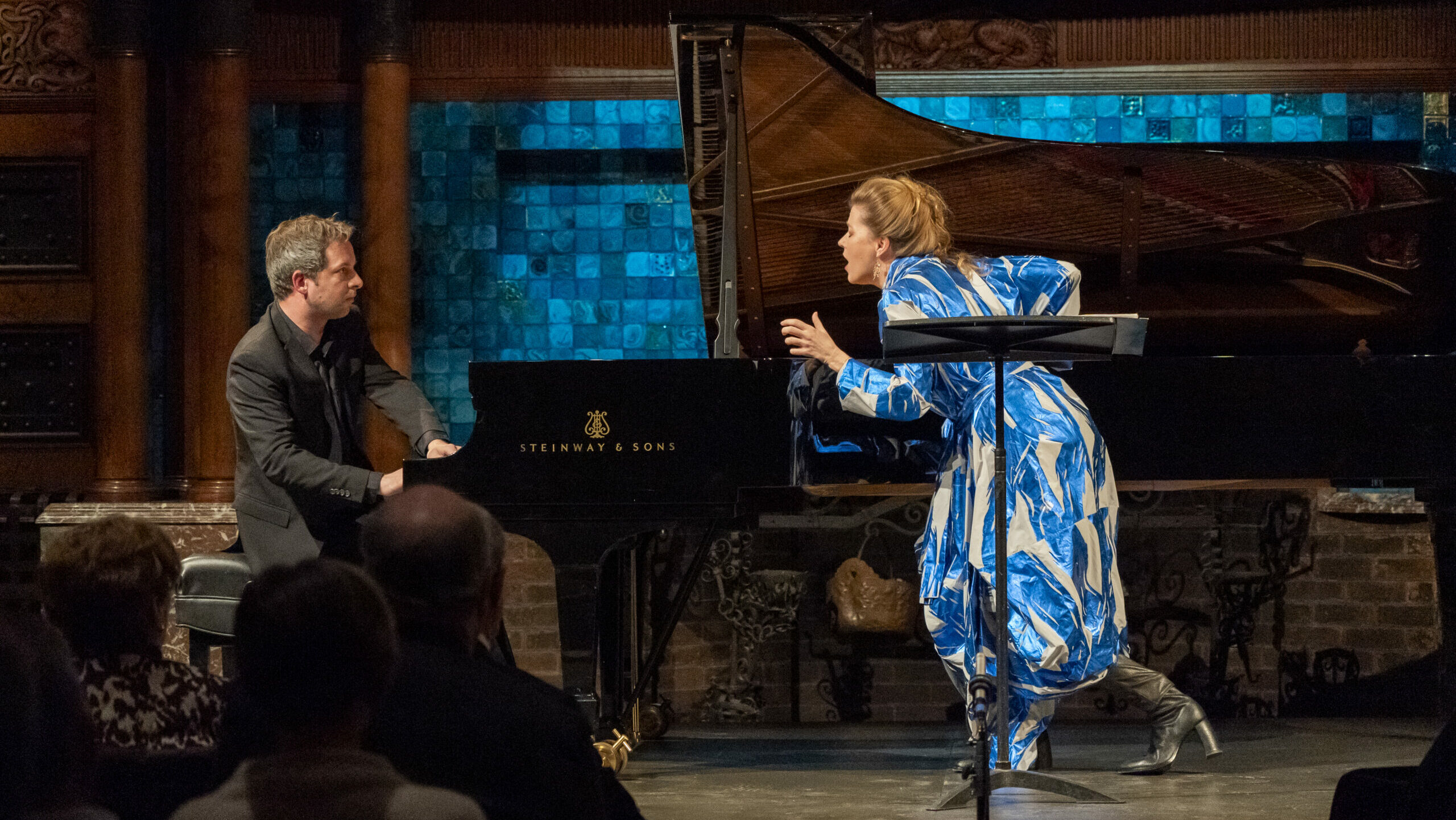
So Felicia Hemans once wrote and so the transfixing Asmik Grigorian thusly entered on Friday night at the Met. Sweeping down the silvery main of Michael Levine’s oft-trod lacquer rake with a practically Teflon sense of assuredness and alighting with the sound of a rippling D, Grigorian in her debut, perhaps the most anticipated of the Met’s season, had at long last arrived.
Butterfly, a role she has sung extensively and with success, nevertheless seems a not-entirely-intuitive part with which to signal her American debut; the glowing sigh of her sound has a fundamental warmth to it, but while her voice has a steadiness throughout, its heft and hues are lower set, a good part of the role sculpted from long, easy phrases in alt (many of which are attacked with a Gencer-esque glottalizing). She’s also not a Butterfly that chews on the text to juice the interpretation.
Rather, it was the firmness of the vocal lines she cut, combined with a genuinely enigmatic stage presence, a sense of interiority yet impenetrability in her face and in her plastique, that made the performance as intensely watchable as it was listenable. From the first act, flashing her eyes at Pinkerton in her entrance and presenting herself recumbent in her wedding night attire, the mixture of knowing composure and aching vulnerability conveyed more of a mysterious wholeness than layered multidimensionality.
In “Un bel dì,” she unspun with solidity, the darkened “fil di fumo” of her own voice taking on decisive contours. It proved a rich preview of the drama to follow as she crumpled to the floor following the climactic B-flat before visibly checking herself, taking a deep breath, and resuming her puttering around the house. It was one of many such gestures betraying Grigorian’s rictus grip on the character; Butterfly’s numerous outbursts were never telegraphed nor felt shocking for their shock quality, but rather gained their interest from the length and shape the notes took as she seemed to sing almost beyond the character, high notes bursting fresh into the house.
And she drew a burst of energy from the sighting of Pinkerton’s ship, achieving in the Flower Duet the most satisfying vocal blending of the evening with the underutilized Elizabeth DeShong, a richly sung and refreshing complex Suzuki. This proved a unique moment in a characterization otherwise marked by a calculated non-chemistry with the other cast members. How such a cerebral interpretation manages to seem so simultaneously unacademic remains a mystery, but I guess that’s why we’ve been waiting to hear her for so long. And the final scene saw her not frantic, but just magnified in the sense of cosmic solitude she had projected across the evening. Her phrasing grew ever so slightly more angular right up until the knife cleaved her clavicle like butter.
How such sustained intensity holds up against the more glamorous Jonathan Tetelman remains to be seen, as he called out sick Friday afternoon following his own debut last month and left Pinkerton duties to Chad Shelton who turned in a perfectly serviceable performance, especially considering the short notice. He runs the timbral gamut from buzz to bleat and a tendency to aspirate certain consonants compromised his diction some, but it’s a solid voice and, as it climbs, even manages to gain some in beauty. The muscularity of his tone befit the bullishness of his read on the role and if his lack of eye contact with his prima donna was the only evidence of any nerves he might have felt, it did nothing to compromise the evening’s dramaturgical particularity. In fact, his “Addio fiorito asil” reached its own peak of gratifying intensity.
Steadier in his forcefulness was Lucas Meachem as Sharpless, pointed and nearly wrathful towards the end, even if his volume faded in some of the lower-lying Act I passages. Paul Corona was a noticeably healthy voice as the Imperial Commissioner while Robert Pomakov was a more hectoring Bonze. Jeongcheol Cha and Briana Hunter were both fine presences as Yamadori and Kate Pinkerton, respectively.
But the finest and most consistent support for the occasion came from conductor Xian Zhang who brought a sense of both kaleidoscopic color and refined patina to the orchestra’s sound. Her tempi were often measured (Butterfly’s entrance was especially slow-moving) and even though the performance clocked in at three solid hours, it never flagged in detail or interest. And despite the majestic scope of her reading, the singers were never drowned out.
Late spring at the Met usually means repertoire dregs of rote blockbuster revivals and abbreviated revivals of more obscure operas, and that custom certainly lives on (if you’re hungry for more Turandot, it comes back yet again in June). But Butterfly with Grigorian at its center makes for a more satisfying, more complex meal. At the performance’s conclusion, the theater resounded with the joy of waves of applause as this long-desired artist finally greeted her hour of bloom.
Photos: Richard Termine/MetOpera

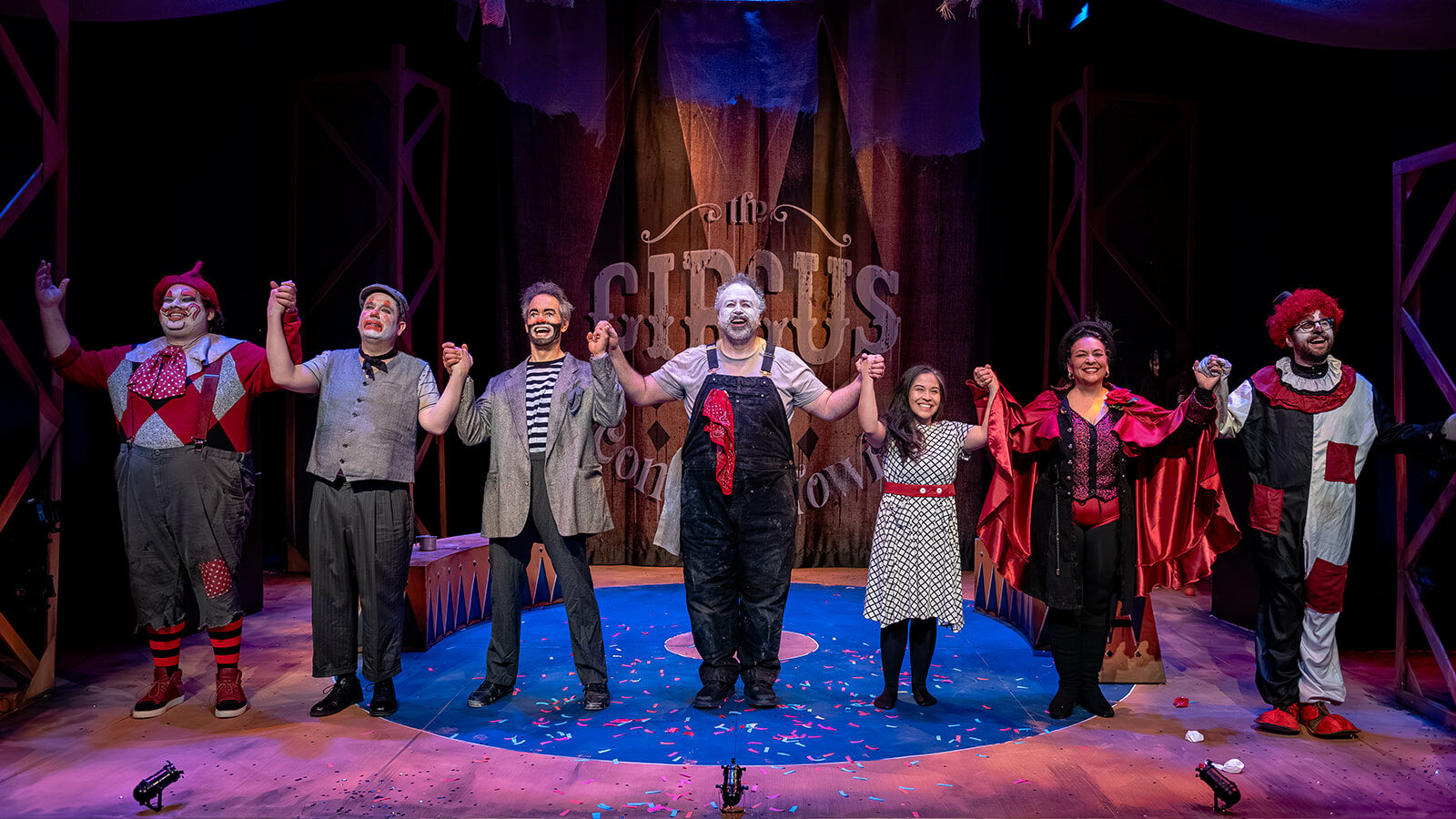




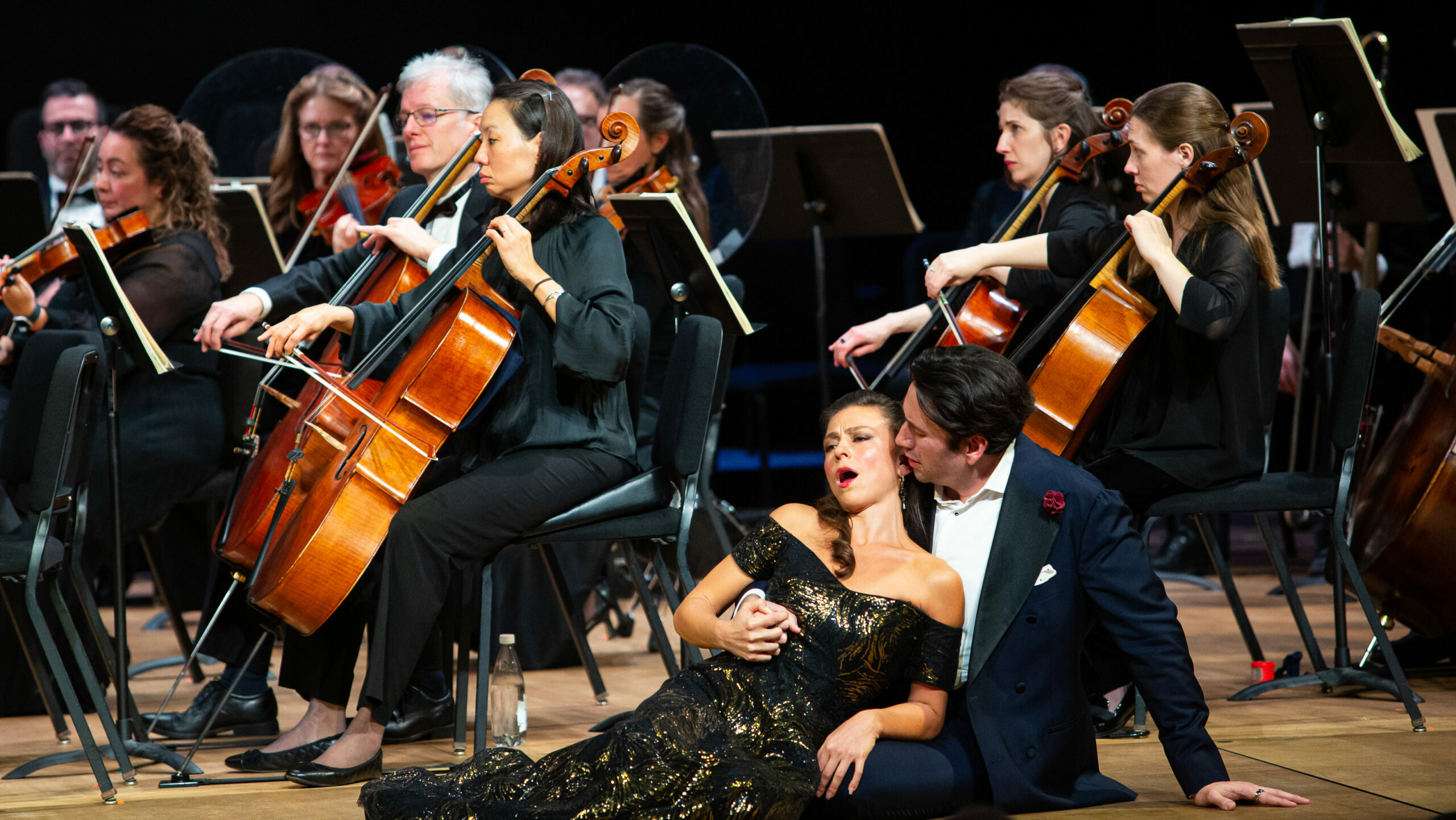
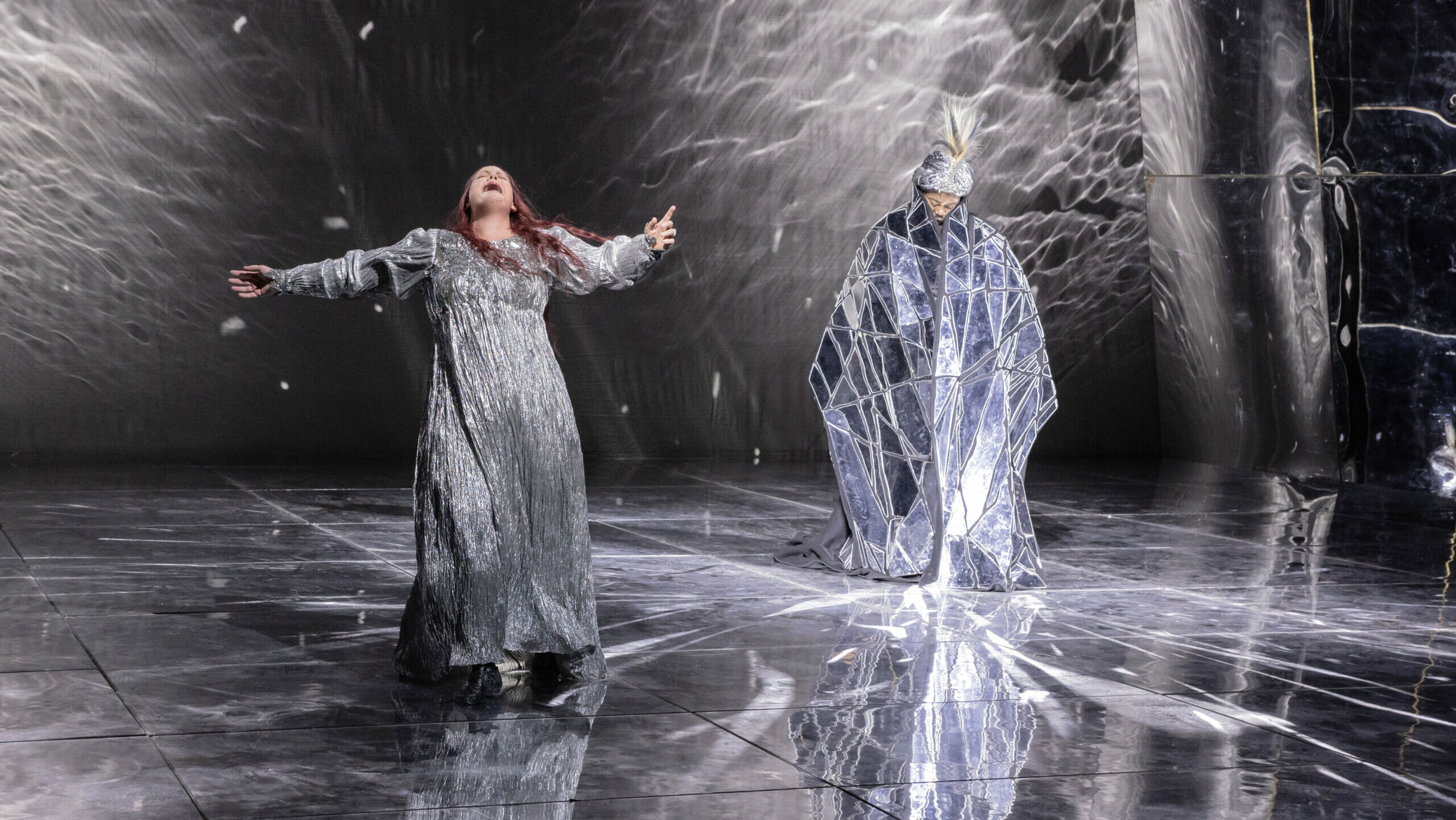
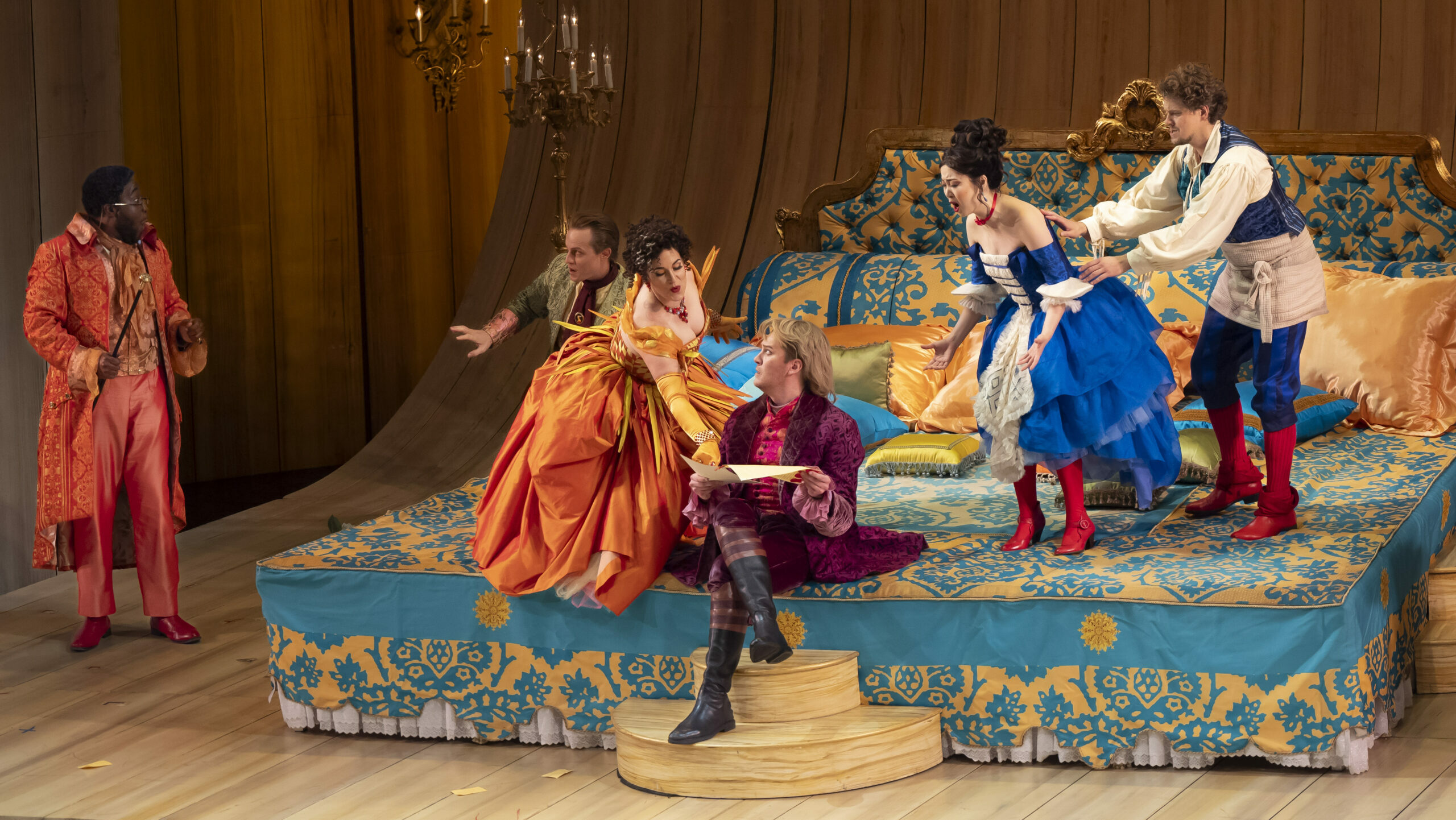
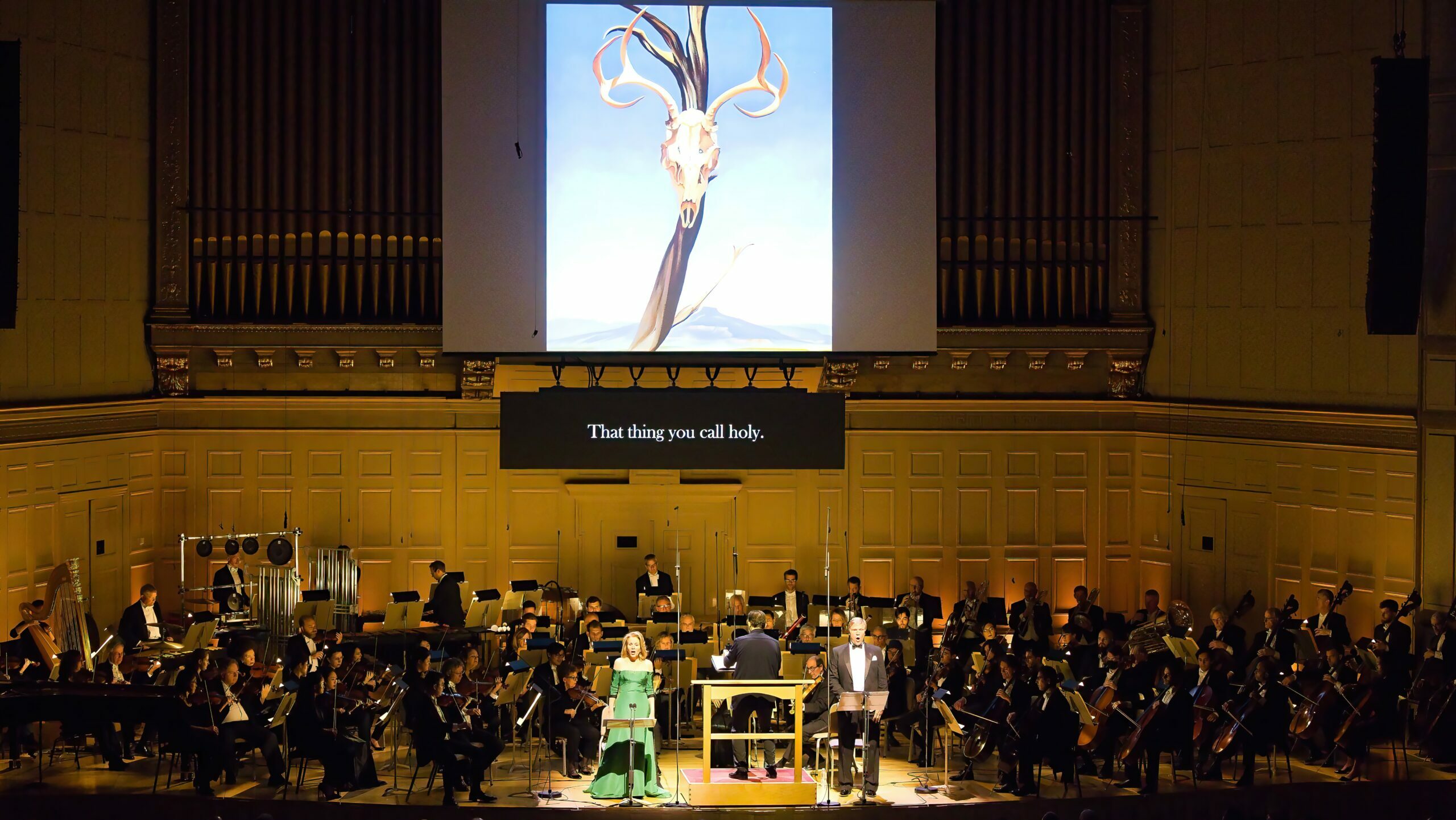
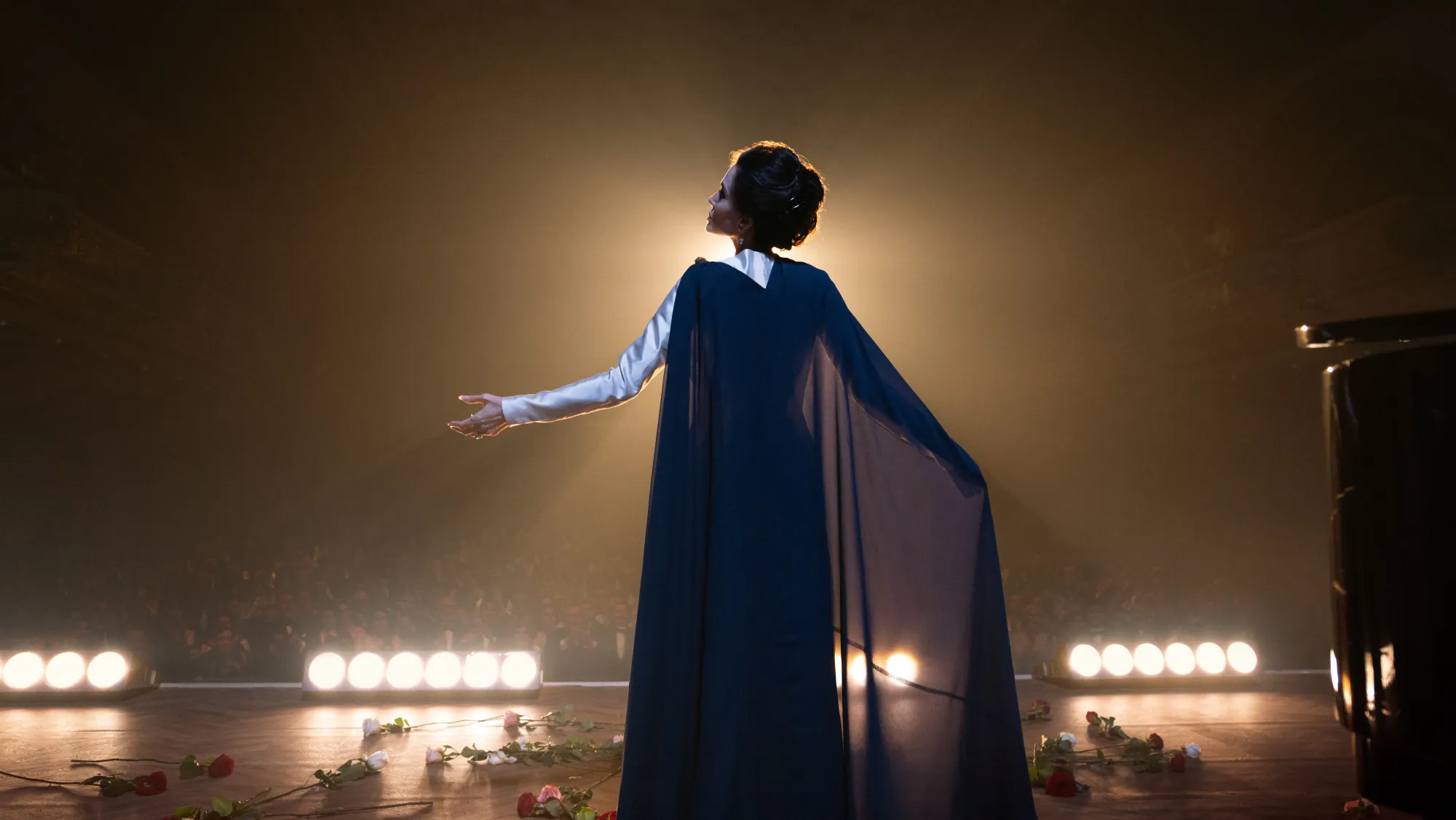
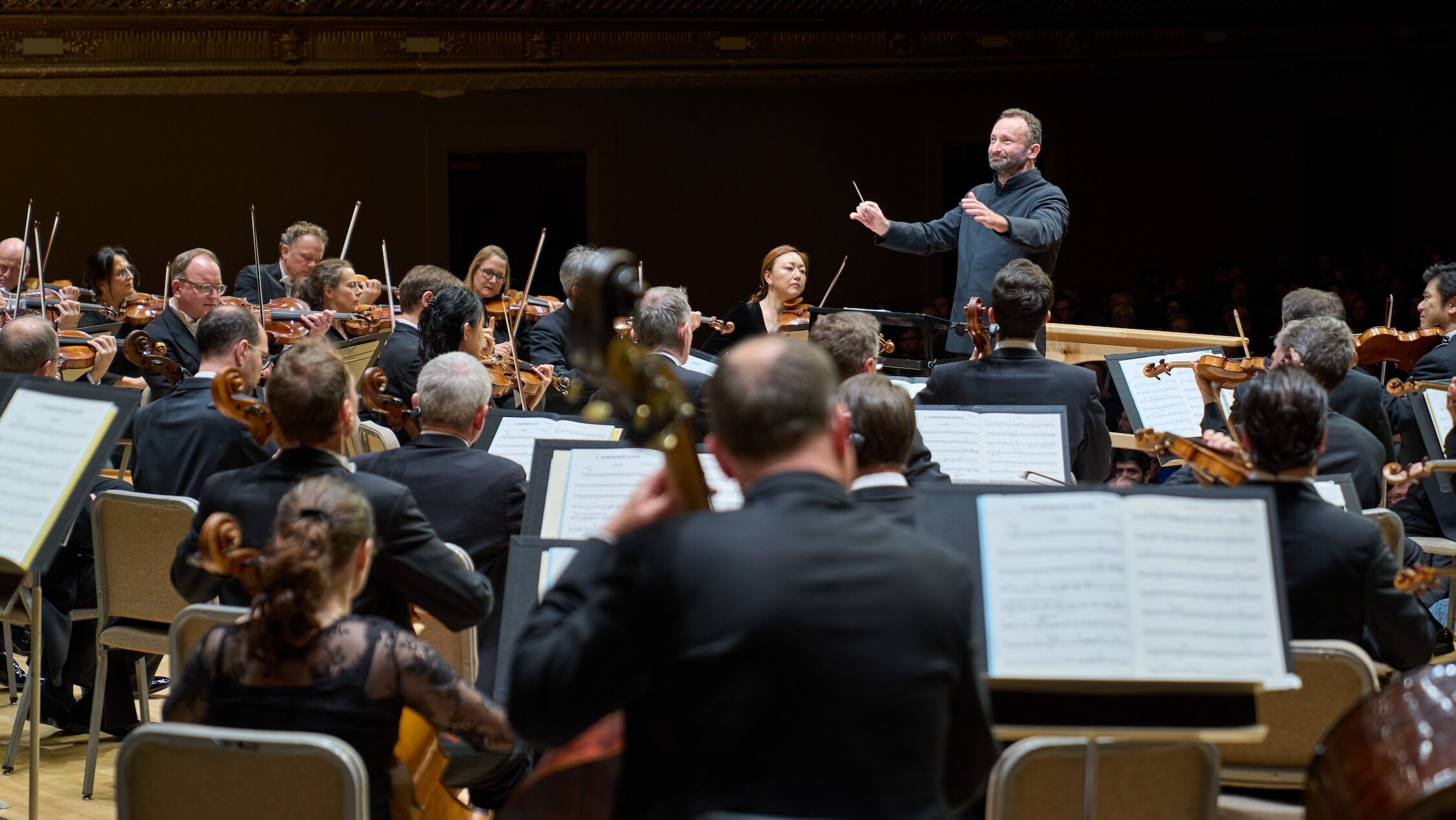
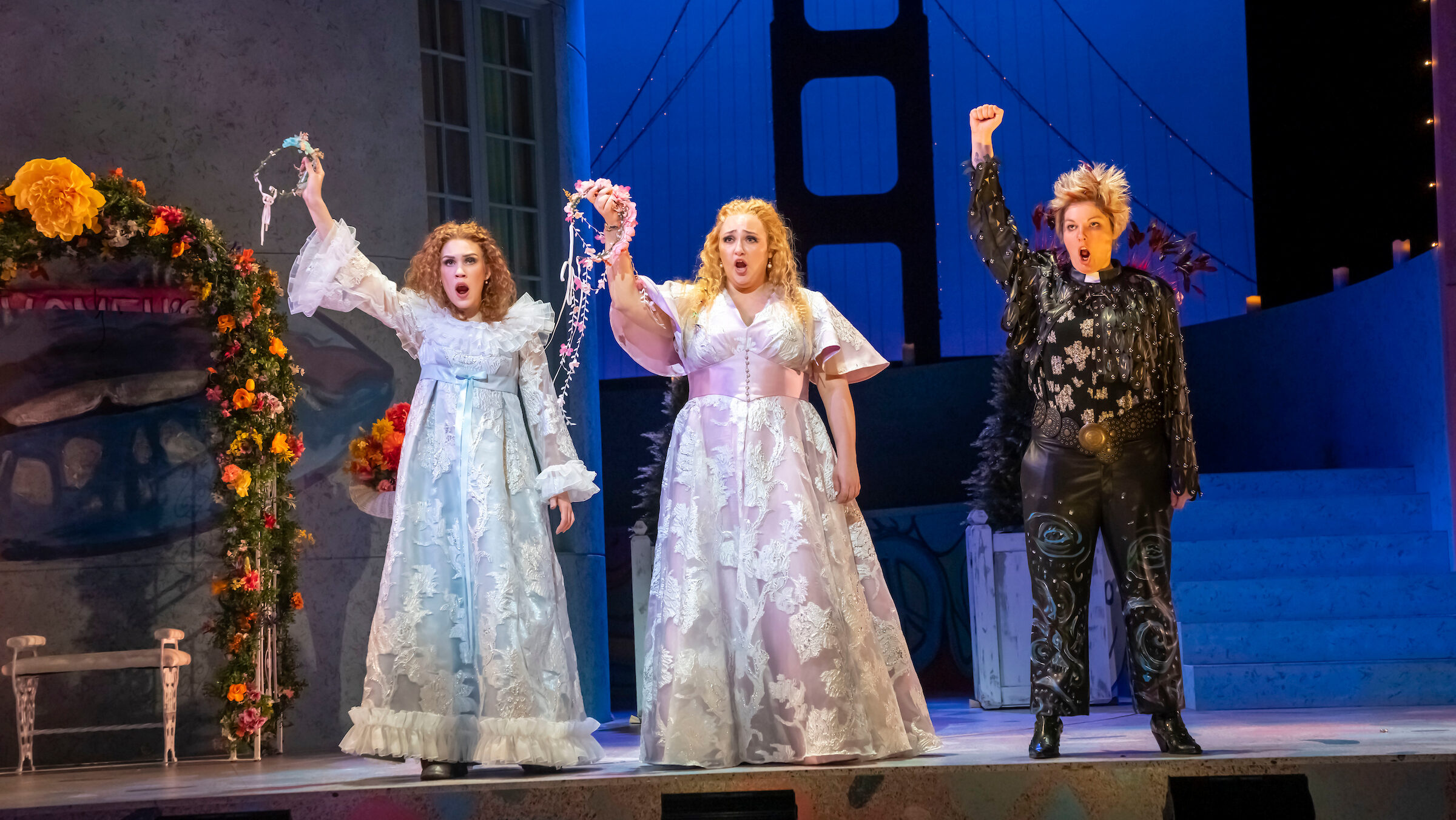
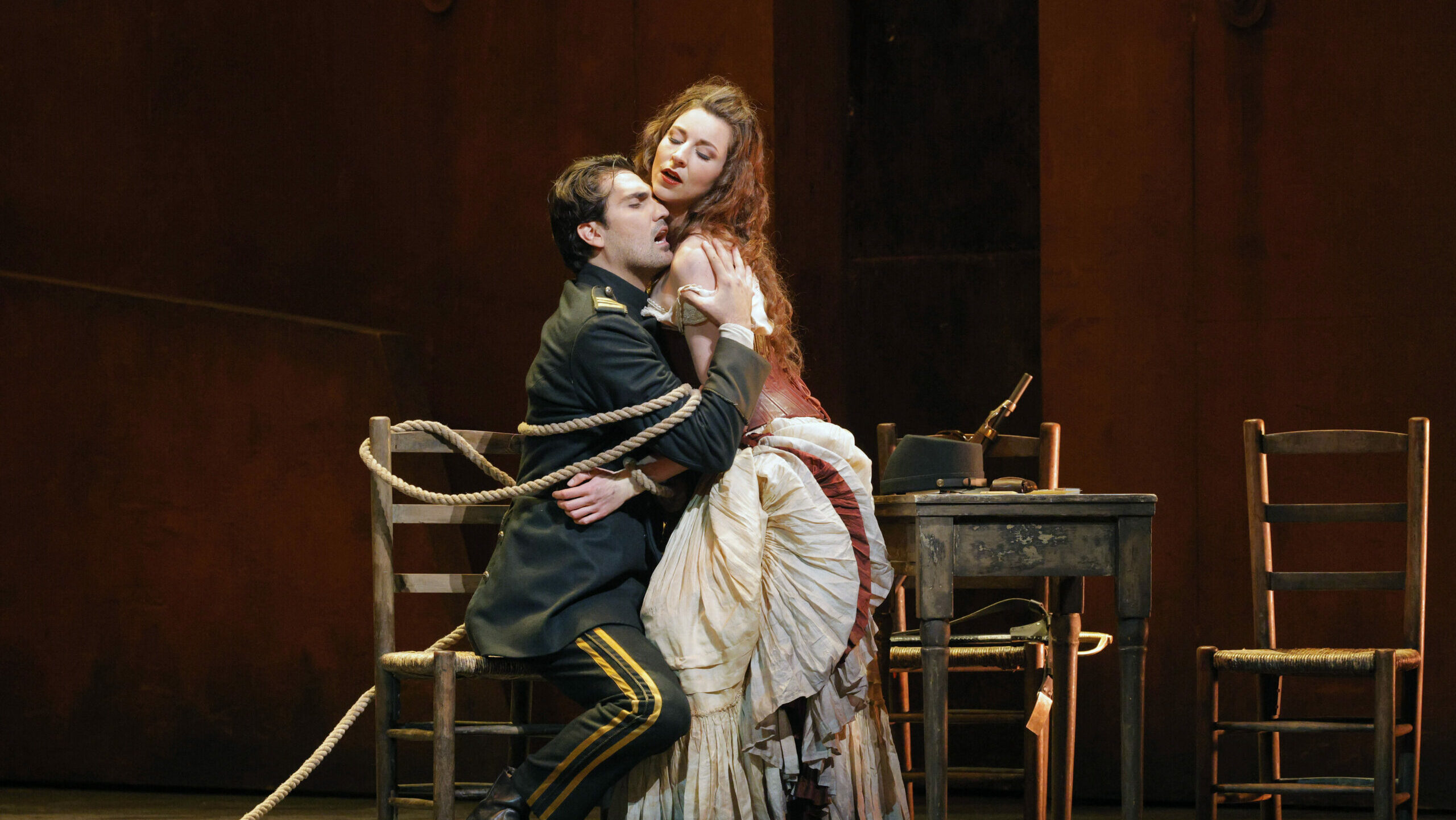
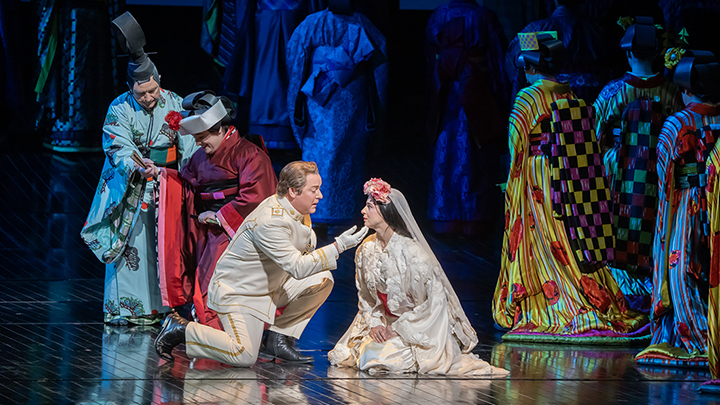
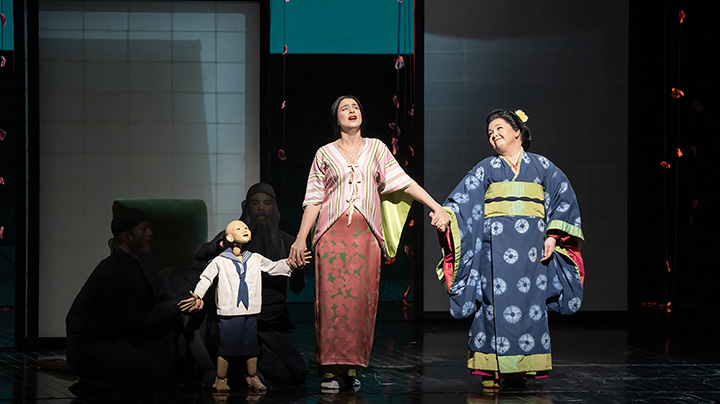

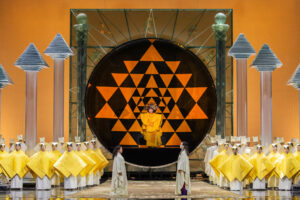

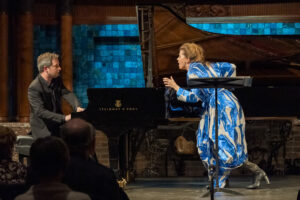

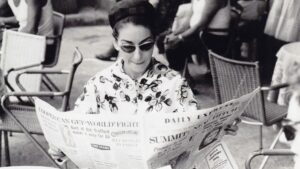
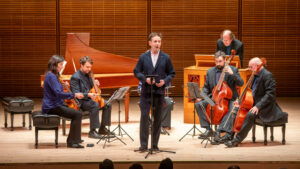




Comments